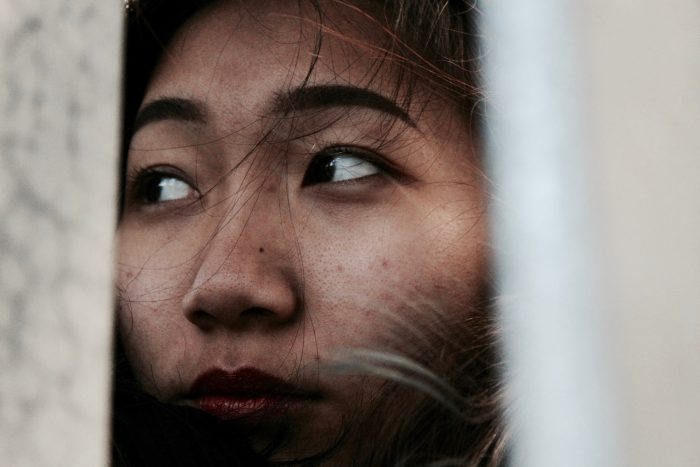In some Central American tribal cultures, a grieving individual would be followed by a procession of mourners in their daily life as they processed their loss—both a comfort and an outward display to others that this person is dealing with something deep and tragic.
In ancient Egypt, when a cat died, the family would shave their eyebrows off—and they would grieve until the eyebrows grew back; it was also an outward sign that they were processing the death of a loved one.
Even in Victorian times, mourners would wear black for a period of time following a loved one’s death—even up to two years.
All of these societies gave people something important. A space to be seen and accepted in their grief and their humanity. The acknowledgment of loss. The acceptance of it.
It says something about our culture that we don’t know what to do with grief. Even among the “woke” crowd—where (at least) lip service is given to accepting all emotions—grief is given short shrift. Allow your anger. Your pain. Your fear.
But what do we do with grief? I have rarely even heard it mentioned in some of these spaces. Maybe because there is so much unfelt grief, no one knows where to start. So it becomes marginalized, a part of our collective shadow.
It is one of the most uncomfortable emotions as well as the most unpredictable. It takes us on what I call a night-sea journey, into the unconscious. Into what some might call insanity—lack of connection with the day-to-day world.
Rituals can help to create a space for this deep well of uncertain chaos that grief can bring about. It’s comforting to be seen and heard in our pain, even if from a distance. A predetermined ritual gives our mind something to hang on to while the rest of our soul is embarking on a voyage over the dark shoals of mourning.
But we have no ritual for grief. Funerals don’t suffice, and we are expected to grieve alone and in private much of the time. We are given well-intentioned advice on “feeling better” to “manifest joy,” but not space to simply feel what we are feeling.
Grief is marginalized by our society, and so are those who grieve, which is absurd. If one thing is certain in life for basically everyone: we will all experience loss. Lacking any coherent ritual, we are forced to face isolation along with the deep pain grief can bring up.
Most of us don’t know how to show up for ourselves with grief—or for others. It can seem like an overwhelming burden when someone is grieving and you don’t have the time or the resources to help them.
We used to live in societies where the community could hold space for those in pain, where ritual and close connection helped us in times of duress. But these days, we just fall through the cracks, working to survive losses, much less process them. Maybe even feeling our grief has become a strange type of privilege.
There is no space for grief in a culture where we are all expected to be producers and consumers. And this distracts us from the grief that underlies so much of our lives. The grief from the cow’s pain in the meat we eat. The grief from the workers who create our products and our clothing. The grief of a tree that was cut down, or a forest that was destroyed. The grief of the earth, of humanity, and our childhoods, and of the past.
It feels overwhelming to even acknowledge. But we can’t deny that it’s there.
And to feel that, perhaps, there is some purpose—and something beautiful to be garnered—by feeling this grief and letting it speak to us.
~









Read 4 comments and reply